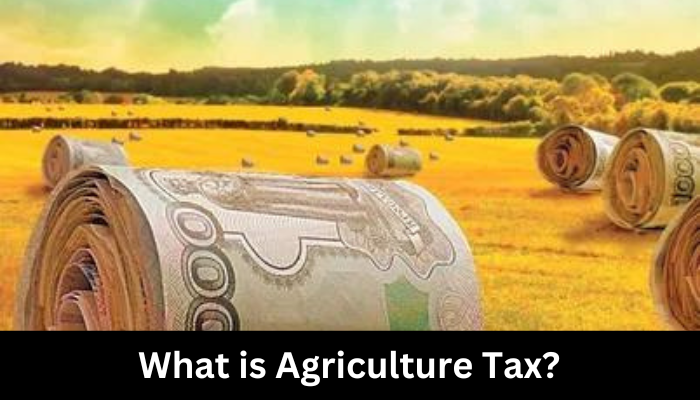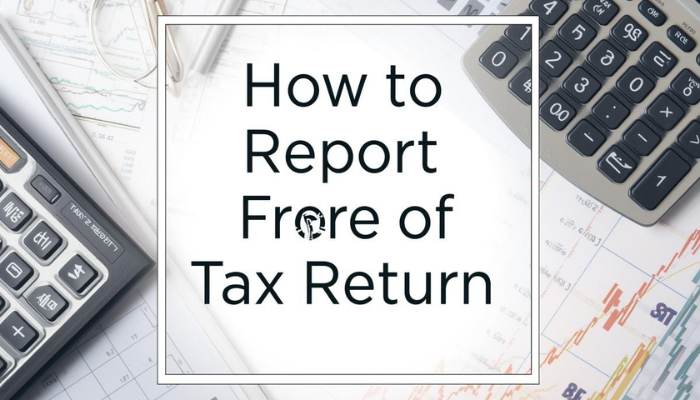
What is Agriculture Tax?
Agriculture tax is a significant component of the economic frameworks of numerous nations. It supports rural lives, manages resources, and promotes agricultural growth. But what is agriculture tax, and how does it help the economic business of your country flourish?
The governments formulate agricultural and relevant taxes exclusively for persons and businesses engaged in farming operations; its intricacies vary widely by location. It refers to taxes, fees, and duties on agricultural operations, properties, or money earned by farming activities. With our efficient tax advisor services, you can easily navigate the complexities of countless taxation types.
Purpose of Agriculture Tax
Agriculture tax serves several aspects. It adds to the government’s income by supporting critical services and infrastructure required for rural development. Furthermore, it incentivizes effective land utilization, discourages land hoarding, and promotes equitable resource allocation by levying taxes based on agricultural land value.
Types of Agriculture Tax
To know what is agriculture tax, you must go through the following types, each having a specific purpose:
Property Taxes
Property taxes are based on the value of agricultural property. It is a substantial source of revenue for local governments. Property tax assessments may vary depending on soil fertility, location, and land quality.
Income Taxes
Individuals or businesses engaged in farming must pay income taxes on agricultural profits. Tax rates and exemptions might vary depending on farm size, revenue, and jurisdictional rules.
Sales Tax
Some jurisdictions charge sales taxes on agricultural supplies, equipment, or products. These tariffs can raise the overall cost of production and reduce the profitability of farming activities.
Estate Taxes
Inheritance or estate taxes may apply to agricultural holdings passed down via inheritance or estate planning. Special rules and exclusions may apply to family-owned farms.
Challenges and Controversies
While farm taxes are intended to help rural development, they are not without obstacles and conflicts; one fundamental problem is calculating fair and equitable taxes considering the different sizes and production of farms. Tax measures that disproportionately affect small-scale farmers may jeopardize their economic viability.
Furthermore, valuing agricultural land for tax reasons can be difficult, especially under volatile market situations. In some cases, land valuations may not match the income generated by farming operations, resulting in differences in tax assessments.
Global Variances in Agriculture Tax
Agriculture tax regimes vary significantly over the world. For instance, some governments provide subsidies or exemptions to promote and reward farming operations. In contrast, others may have stricter tax policies to maximize income.
Tax policies frequently seek to balance income generation and agricultural sector growth in agriculture-dependent countries. This balance is critical in ensuring taxes do not stifle agricultural outcomes or harm rural populations’ lives.
Agriculture Taxation in Sustainable Development
Understanding what is agriculture tax plays a significant role in promoting sustainable practices. In recent years, an increased emphasis has been on leveraging tax breaks to promote environmentally friendly farming practices and conservation measures. Tax incentives or credits are also available for implementing initiatives that benefit soil health, biodiversity, and water conservation.
The Bottom Line
Comprehending what is agriculture tax is a multidimensional part of fiscal policy. It substantially impacts agricultural practices, rural economies, and long-term development. Our best tax consultant Houston services help you in its successful implementation. Doing so necessitates a delicate mix of money production, assistance for farming communities, and the promotion of sustainable agriculture methods. Understanding its subtleties and complexities is critical for policymakers, farmers, and stakeholders who want to create a fair and supportive agricultural growth climate while contributing to larger social goals.


